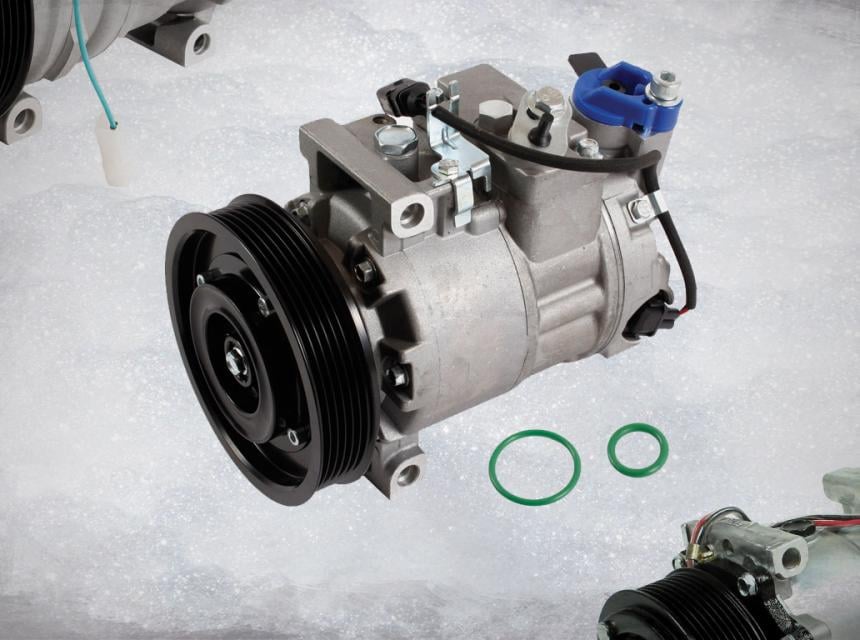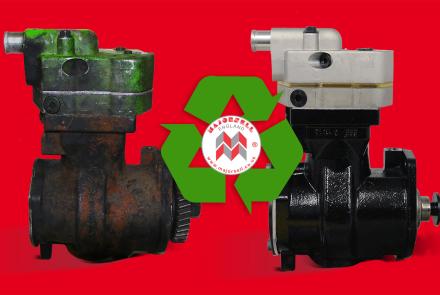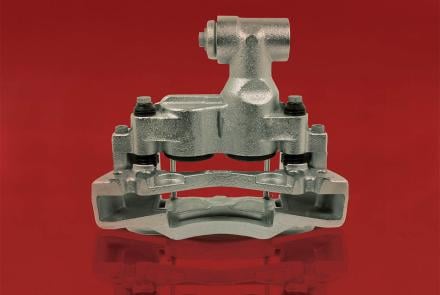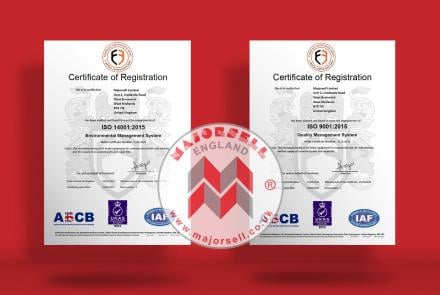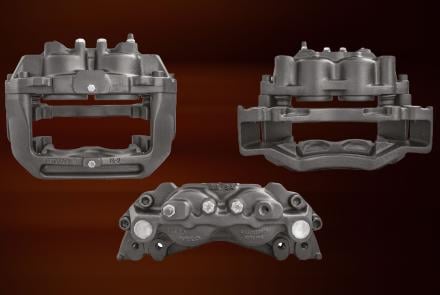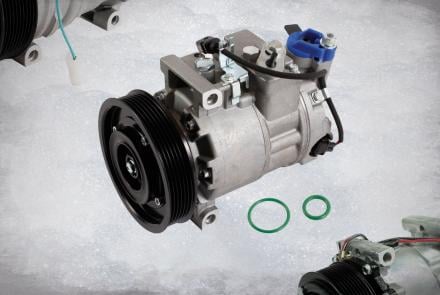The Vital Role Of The A/C System
How The Compressor Works
The compressor plays a key role in the air conditioning (A/C) system. It compresses the refrigerant which is then transported through the system creating high and low pressure. The compressor is crucial for the efficiency of the A/C system as it enables the coolant to change its form from gas to liquid and flow through each component at both high and low pressure.
The refrigerant moves around the system in two forms. It leaves the compressor as a gas but then changes to a liquid as it is pushed though the condenser. When the liquid refrigerant leaves the condenser, it is pushed through the system and then the expansion valve where the pressure drops. This creates a combination of gas and liquid which then enters the evaporator, absorbing heat from the air in the vehicle cabin and thus generating the cold air. The refrigerant then leaves the evaporator as a gas and the cycle is continually repeated because of the ability of the compressor to create the high and low pressure.
The compressor is deemed to be one of the most expensive elements of the system due to its complexity. However, the system will not run efficiently without it functioning correctly. To ensure the compressor will work properly it needs the correct electrical power supply, must be propelled by the engine timing belt and requires the correct lubrication for all the internal mechanical elements.
NOTES FOR A/C SYSTEM MAINTENANCE:
● Use the A/C system regularly, ideally keeping it on at all times
● Install a new receiver dryer every time the system has been opened
● Use only high quality compressors which are supplied with a warranty
● Keep the system well maintained and serviced regularly using authorised A/C specialists
● When installing a new A/C compressor, make sure that the correct type and quantity of oil is used
COMMON CAUSES OF COMPRESSOR FAILURE:
● Timing belt failure
● Leakage in the system
● Failure of a compressor part - e.g. bearing, piston
● Mechanical damage caused by using incorrect or impure lubricant or lack of refrigerant
● Moisture or impurities in the system caused by opening it incorrectly, leakage or an old or worn receiver
INDICATIONS OF A FAILED COMPRESSOR:
● Unusual vibrating of the compressor
● Lack of cold air when the A/C system is turned on
● Buzzing or rattling noises coming from the compressor
● Failure to start or run – this can only be assessed when the compressor has been made visible


